
‘Singapore is back’: Milken Institute Asia Summit, Token2049, F1 race and other events draw global VIPs
- Officials such as Singapore Senior Minister Tharman Shanmugaratnam among speakers at three-day business forum aimed at tackling global issues
- Series of events culminating in Sunday’s Singapore Grand Prix shows city state’s ‘ability to stage world-class, high-quality events remains undimmed’
Officials speaking at the three-day event include Malaysian Finance Minister Zafrul Tengku Abdul Aziz and Singapore Senior Minister Tharman Shanmugaratnam.
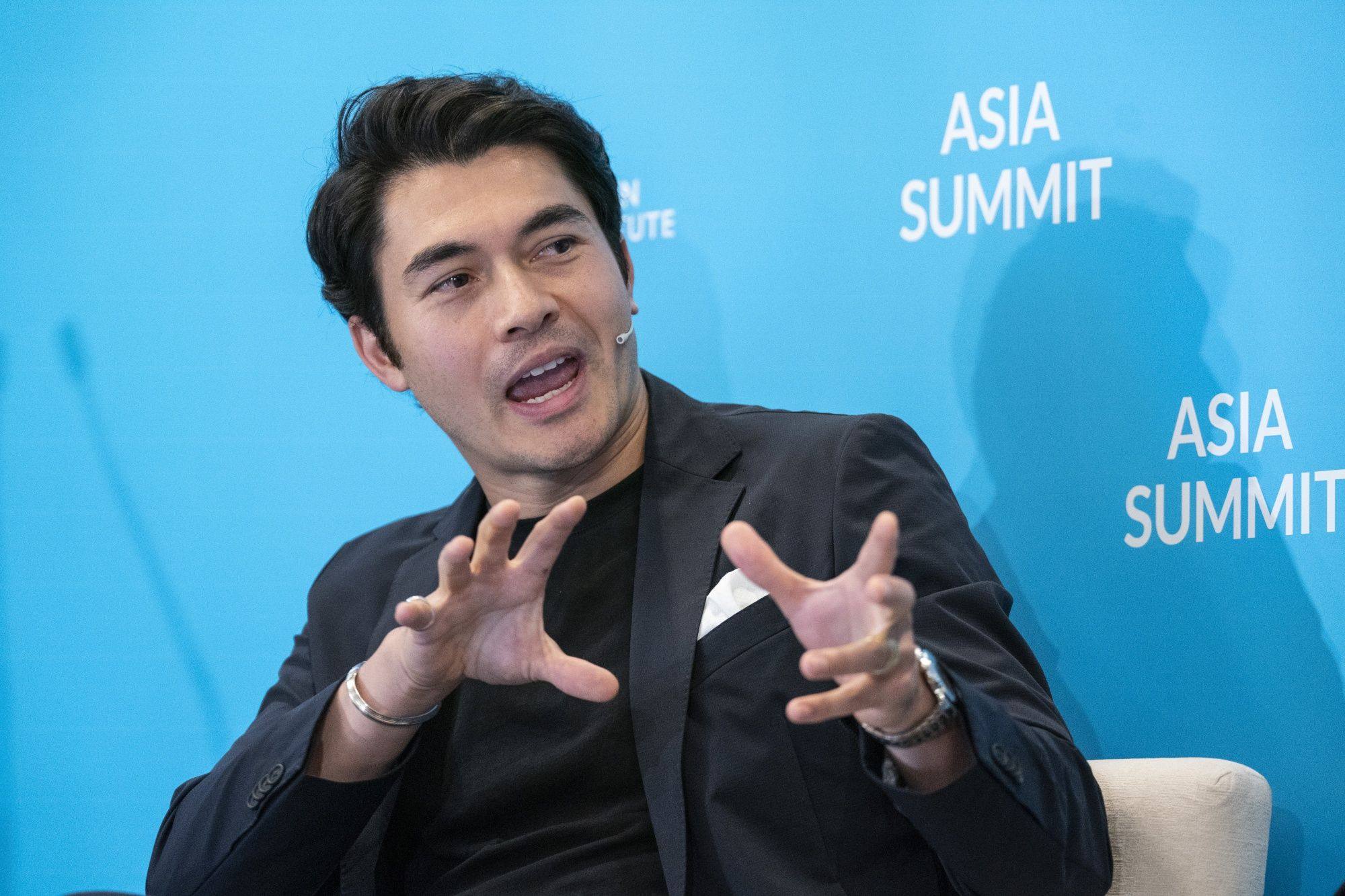
Organisers of the night race have said they are confident the turnout will match 2019’s, at 268,000, the largest since the inaugural night race in 2008 at 300,000.
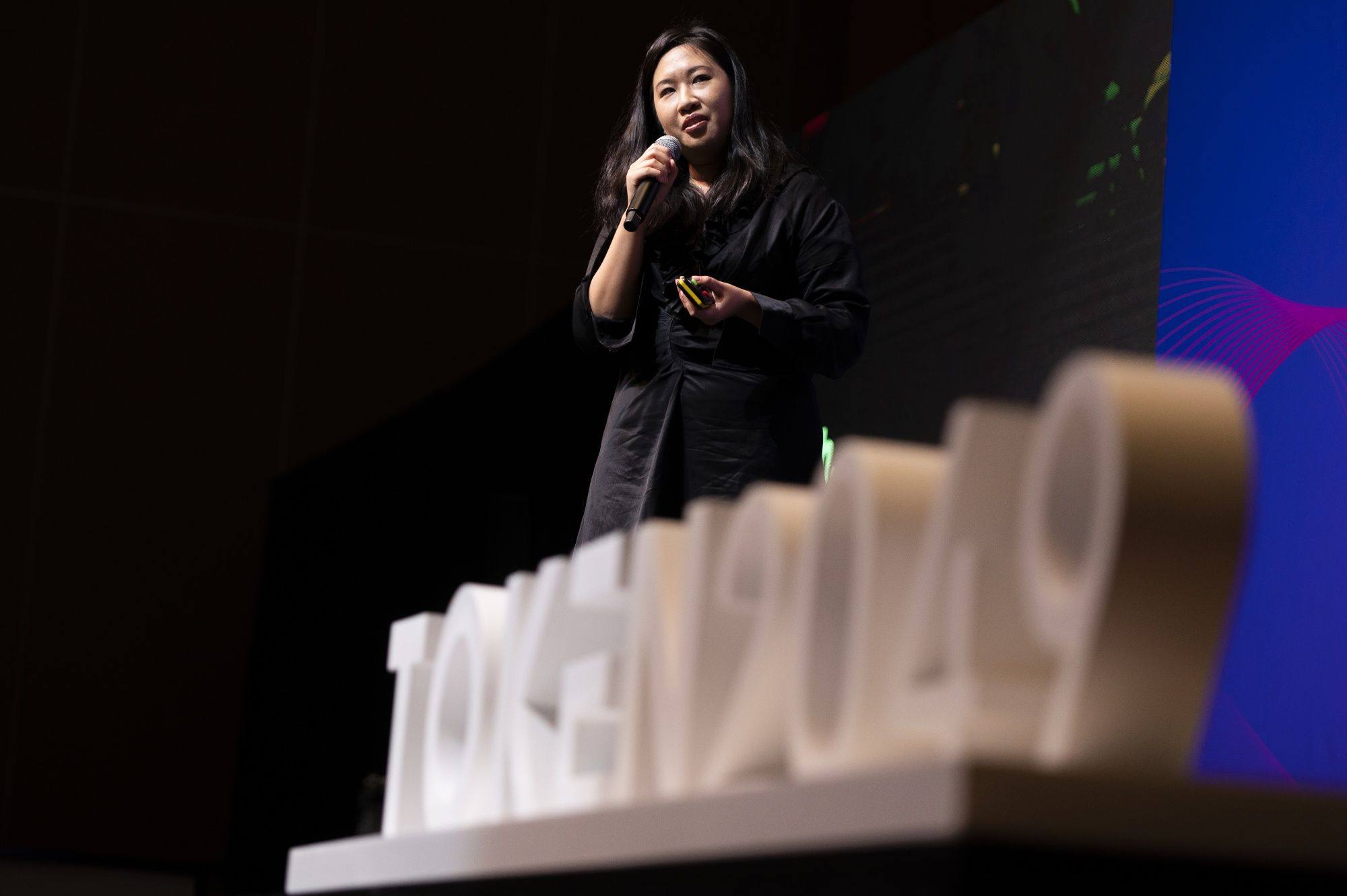
Token2049, a two-day cryptocurrency event that started on Wednesday, was also expected to draw thousands of entrepreneurs, investors and enthusiasts to the city state.
Hours before the start of the night race on Sunday, former Google chief executive Eric Schmidt and other executives will also attend the inaugural Time100 Leadership Forum at the National Gallery.
According to the Singapore Tourism Board, close to 90,000 delegates are expected to attend about 25 MICE (meetings, incentives, conventions and exhibitions) events held around the same time as the F1 race.
Ong Ling Lee, executive director at the board, said the scale of the events “signals to the world that Singapore is back in business and that our ability to stage world-class, high-quality events remains undimmed”.
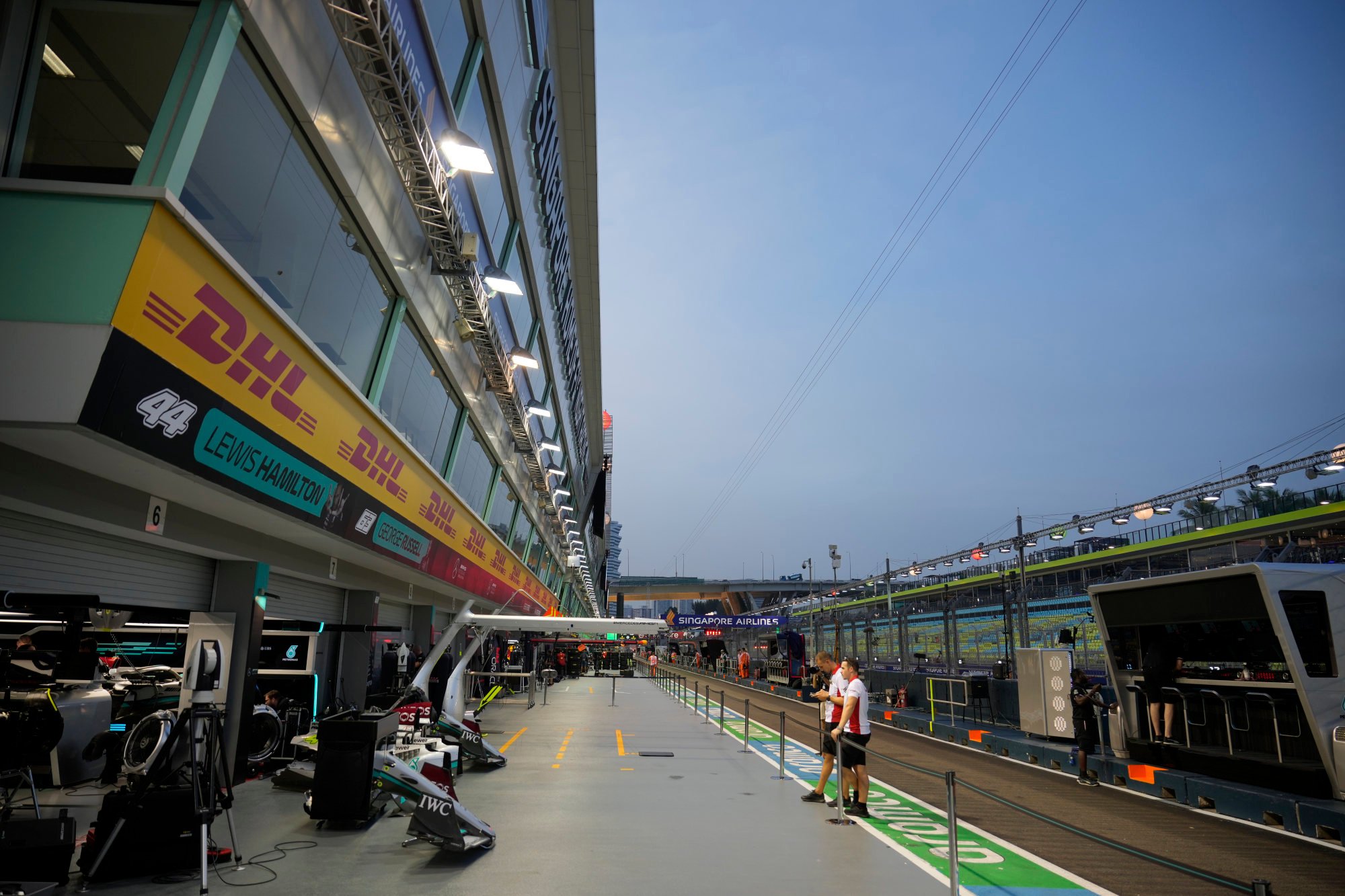
Some organisers have in recent months turned to Singapore from rival city Hong Kong, which only recently scrapped its strict hotel quarantine scheme.
On Thursday, sharpening geopolitical contestation in the world and uncertainties in the post-pandemic era were in focus at the Milken Institute Asia Summit.
‘No hurry to visit,’ say Singaporeans on Hong Kong’s easing of Covid curbs
Despite rising tensions between the two world powers, he said Washington had no intentions of decoupling from Beijing even though there were efforts in place to ensure that “Chinese investments in the US do not cause problems for our national security”.
Washington’s foreign policy in the Indo-Pacific – a region that has shaped up to be an arena for US-China contestation – was discussed elaborately in a separate panel dialogue.
While the Biden administration has significantly increased its engagement with the region, Paul Haenle, visiting senior research fellow at the East Asian Institute, said one challenge would be to show that there was a long-term strategy for the region.
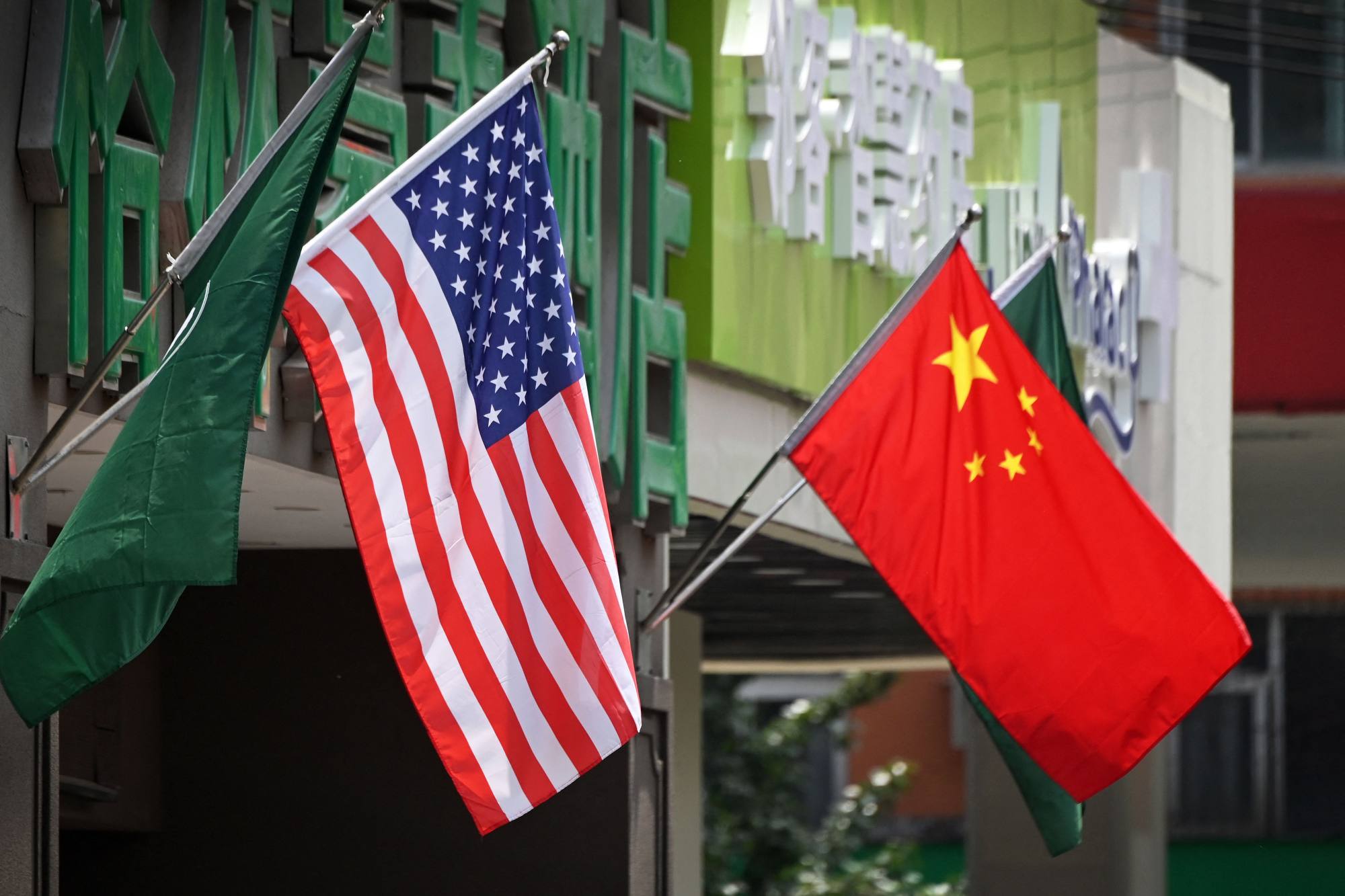
Kishore Mahbubani, a veteran Singapore diplomat, said Washington’s policy needed to be one that “will stay, that will carry on regardless of personalities”.
One major roadblock stemmed from domestic politics like partisan splits and changes in administration, he said. “Frankly, Southeast Asia keeps sometimes being loved and sometimes discarded and so that’s a problem.”
“The one thing I can tell you that we genuinely worry about is that Trump might come back in 2024, and believe me, four years of Trump – first four years – were very difficult. The second four years of Trump will be even more difficult,” he said.
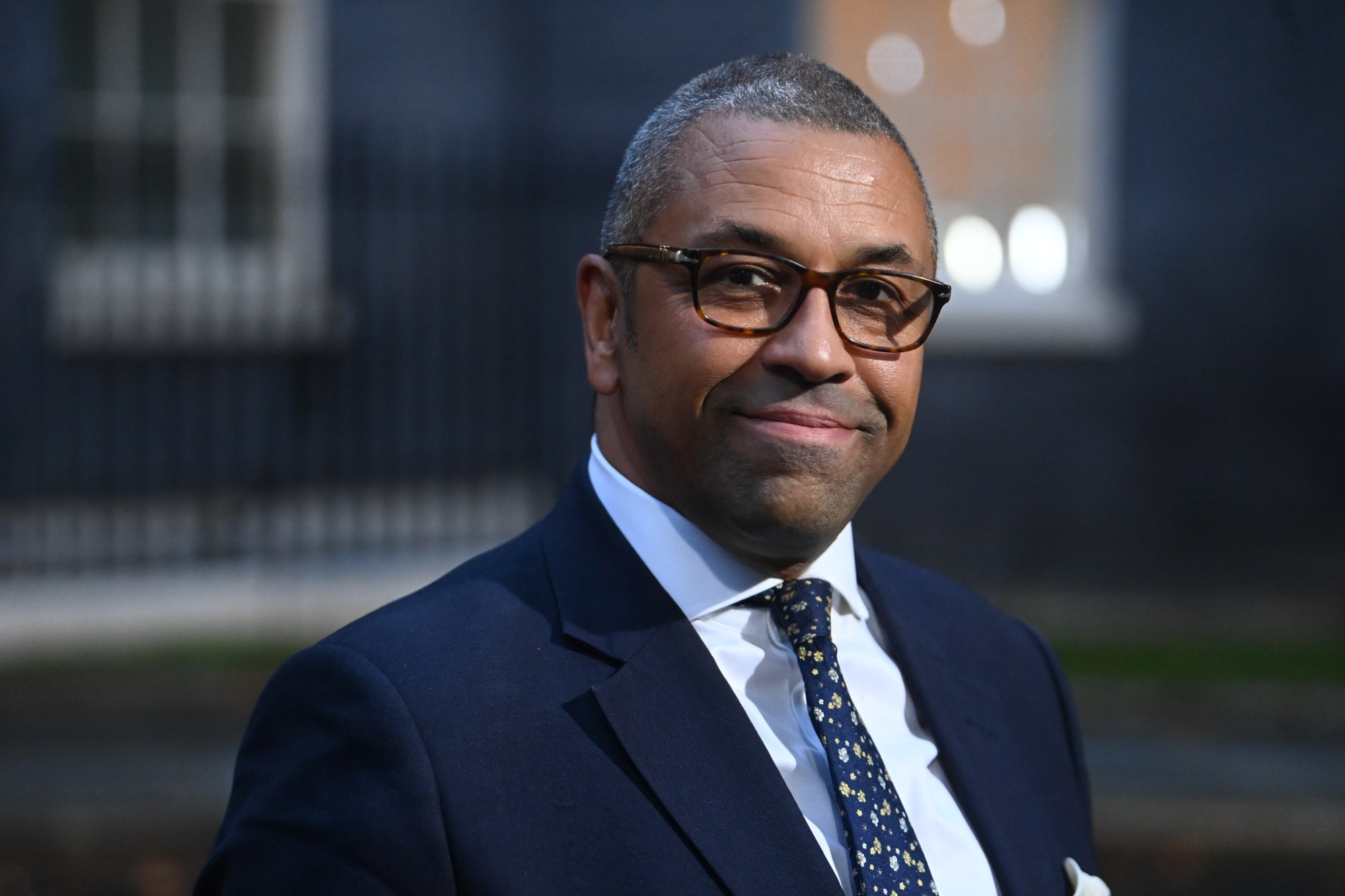
British Foreign Secretary James Cleverly, in his keynote speech on Thursday, reiterated his government’s commitment to its so-called Indo-Pacific tilt that would see the country strengthen trade and strategic ties with the region.
Cleverly said Britain’s development financing body planned to spend £500 million (US$544 million) in the region over the next five years.


